
Single use plastic has on average 12-15 minutes useful life, yet it takes hundreds of years to decompose! Needless to say, reducing plastic waste in your household can help preserve our environment and ensure a greener future for the future generations. We have collected our top 4 tips to reduce plastic waste in your home.
1. Buy in Bulk
If you have enough storage space at home, buying products in bulk is the best way to reduce the amount of packaging going in the bin. Household products, such as Miniml are available to buy in up to 5 litre refills or more when you top up your favourite products at one of our refill stations, using your own containers. Buying in bulk does not only save packaging waste but also reduces the product costs! What's not to love about refills?
2. Eco-Friendly Household Tools
We recommend a few simple swaps for a more eco-friendly environment in your home:
- When it comes to hanging your clothes on the lining outdoors, choose wooden or metal pegs over plastic. We all know how brittle the plastic ones are, as they tend to break very quickly, with no way to be fixed! Picking more durable materials will also save you costs long-term.
- Switching your normal dish sponge to a compostable one or using a natural, washable dish cloth instead, can save a lot of plastic waste! Did you know conventional dish sponges take up to 500 years to decompose?
- Avoid Microfibre cloths! Cleaning industry has greenwashed us all, believing that using a microfibre cloth is more eco-friendly. In reality, microfibre cloths are harmful to the environment. After every cloth wash, the fabric sheds plastic microfibres which end up in waterways, threatening aquatic life and fertile soil. Switching to Swedish dishcloths or upcycling your old, worn-out clothes for cleaning is a great solution to reduce waste in your home!
3. Microplastic-Free Cosmetics
Choose skincare and makeup that is free from micro plastics! Yes, even your skincare may contain plastic, and it will remain in waterways for decades if not centuries. Our Good Human Range offers a set of organic, natural skincare must-haves for every skin type!
4. Refilling Over Recycling
Recycling sounds like the right thing to do when it comes to plastic waste. However, did you know only 9% of plastic in the UK gets recycled? The rest of it ends up in landfill, sent abroad, or gets burned, causing a lot of CO2 emissions. Furthermore, recycling glass consumes even more energy than plastic! Of course, recycling is very important when there is no way to reuse the packaging. However, Closed Loop System is proven to be the most effective in reducing both, packaging waste and product costs. Are you ready to make your switch yet?
We believe Plastic Free July is a great opportunity to start you plastic waste-free journey as everyone shares their experience and challenges online and in person. We have grown an online community of over 12K dedicated followers by sharing our tips, competitions, new Miniml product releases, and the latest Closed Loop news around the world. Join us on a #Refillution to build a sustainable future!
Have you taken any of these steps yet or have your own tips to share? Leave a comment below and help us grow the awareness of plastic pollution.






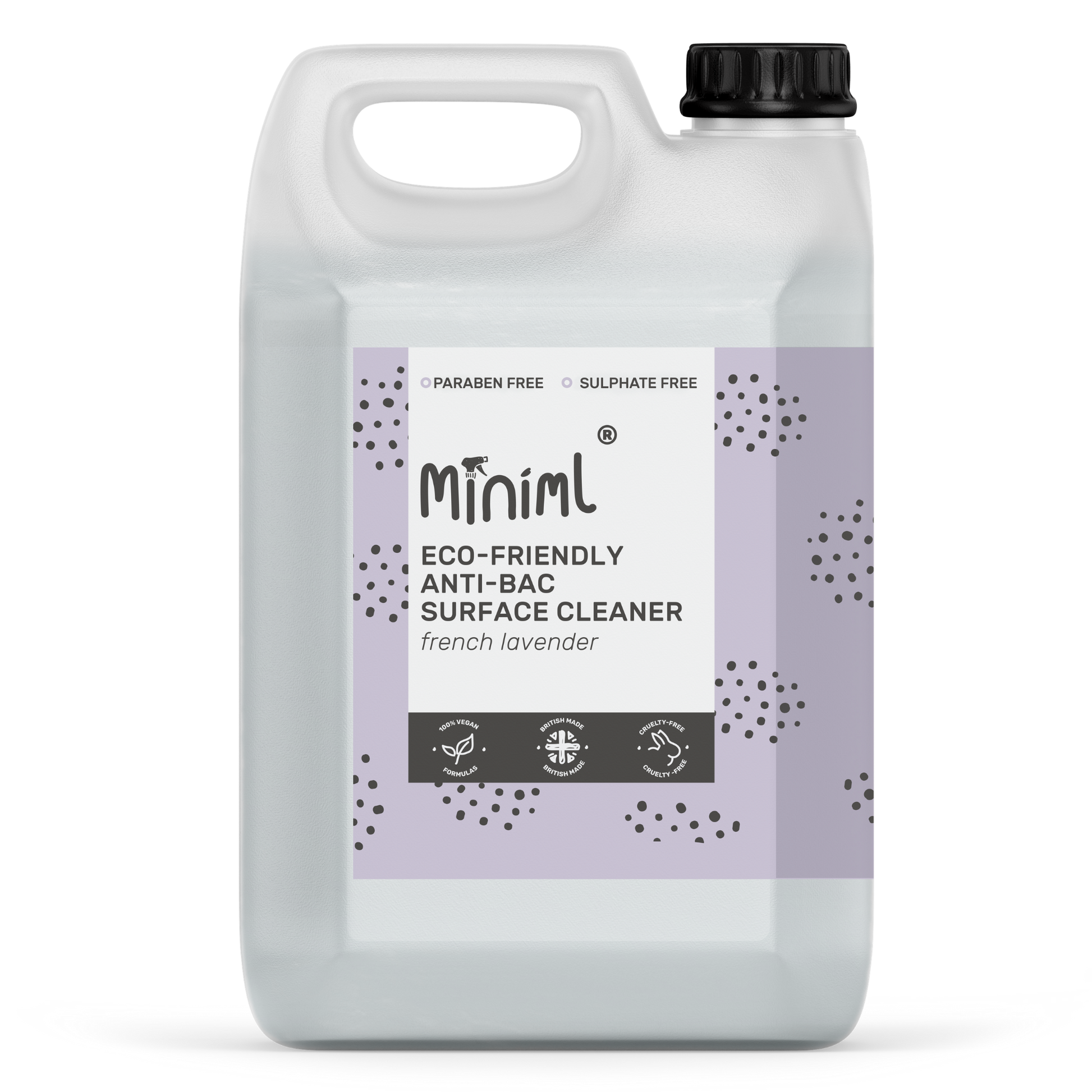


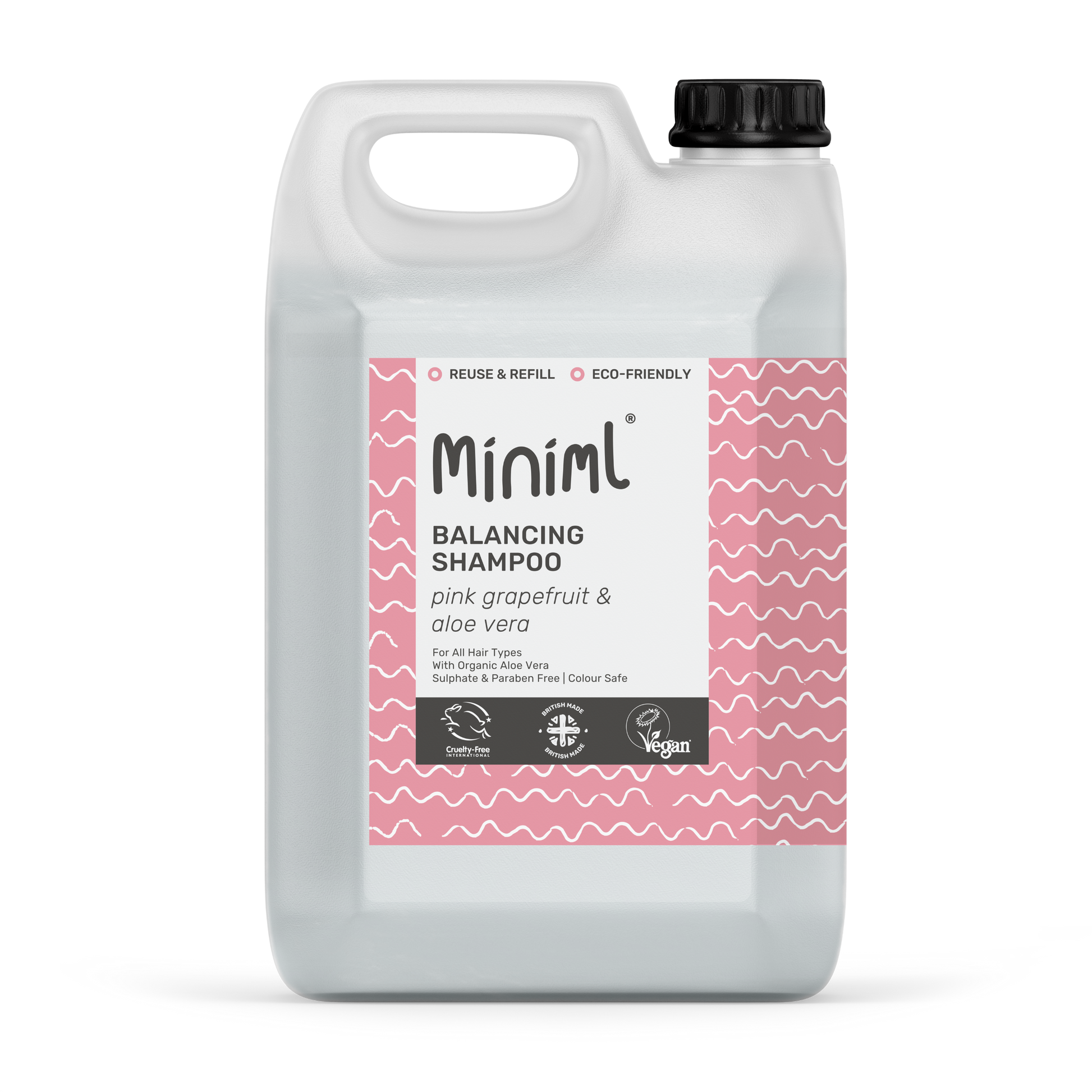
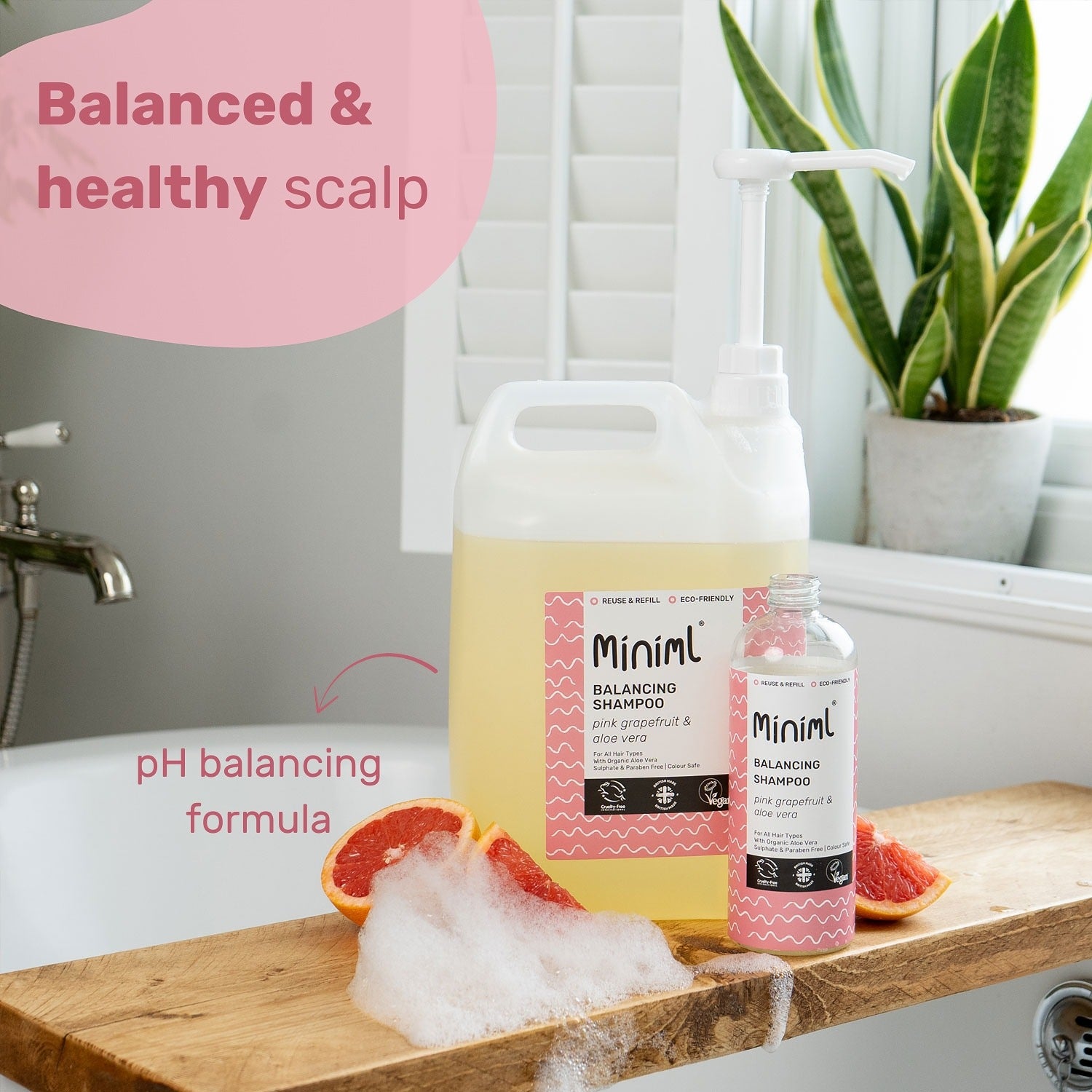
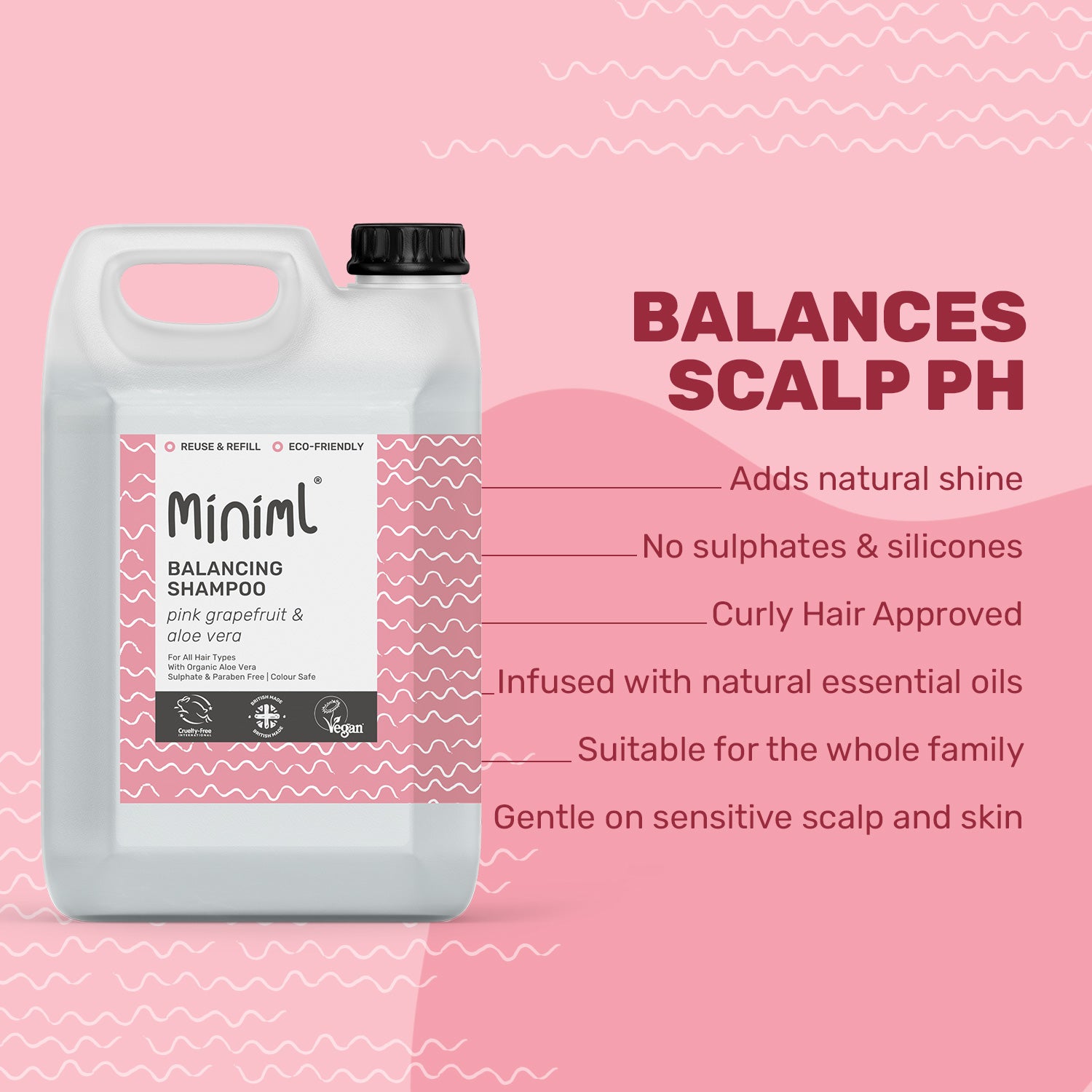
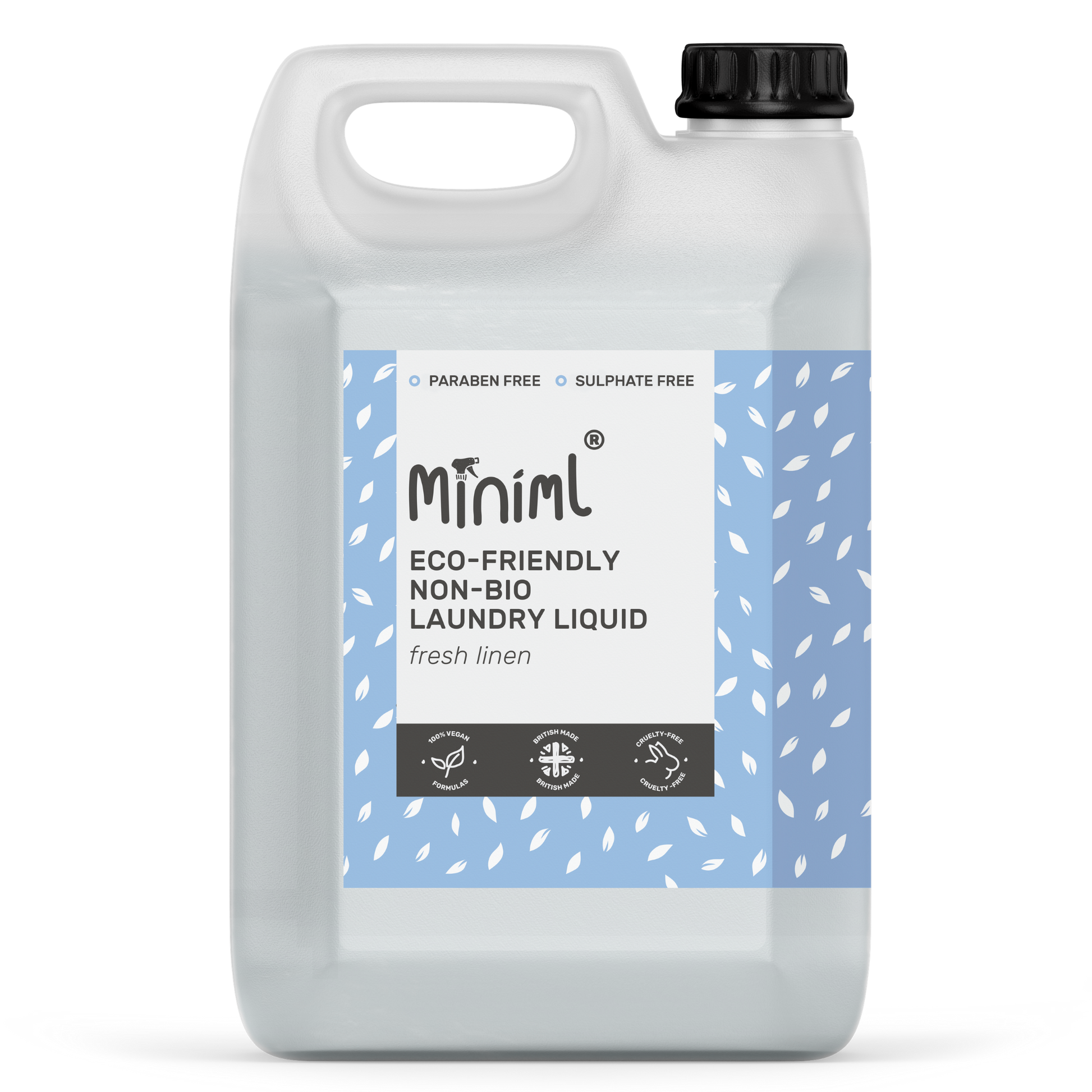
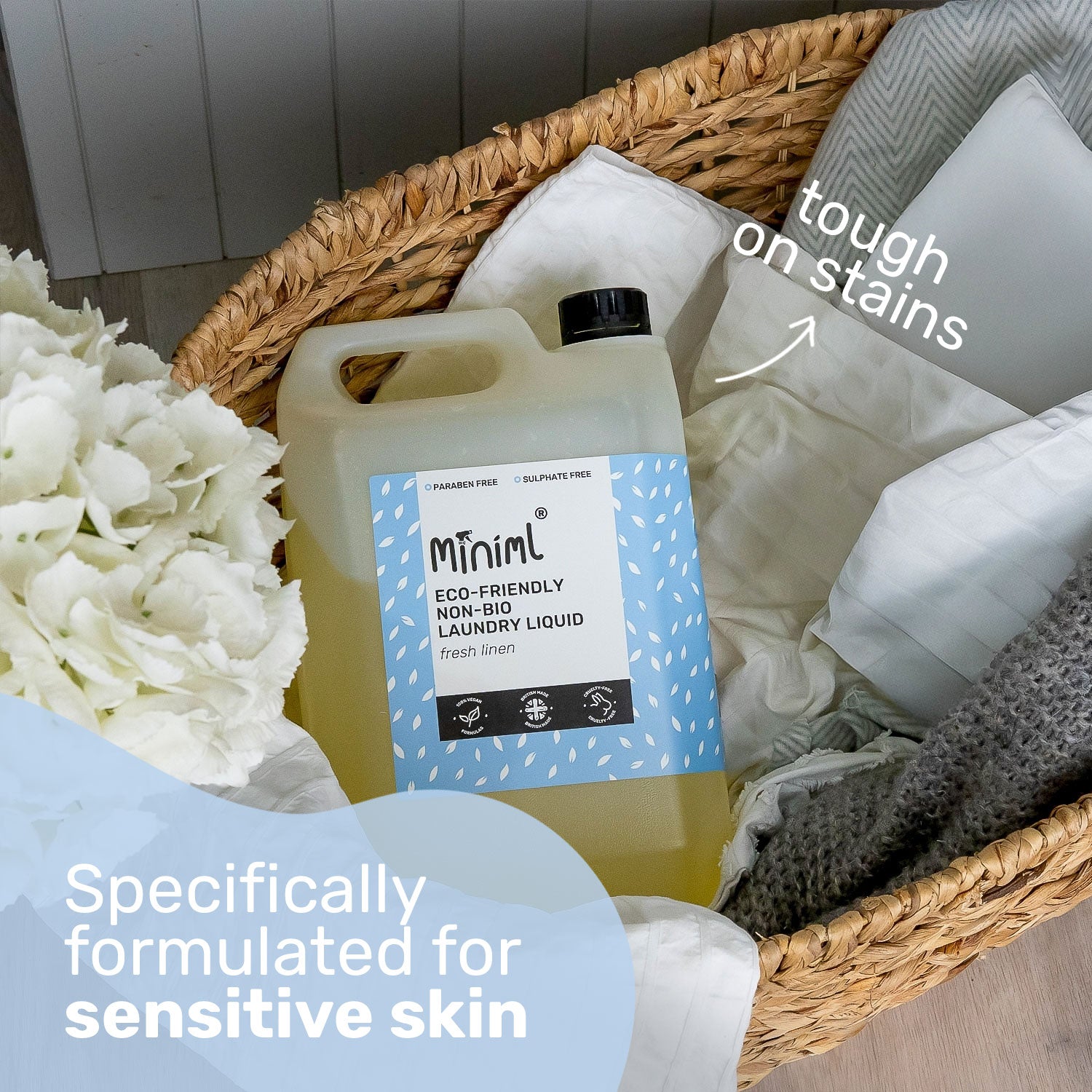
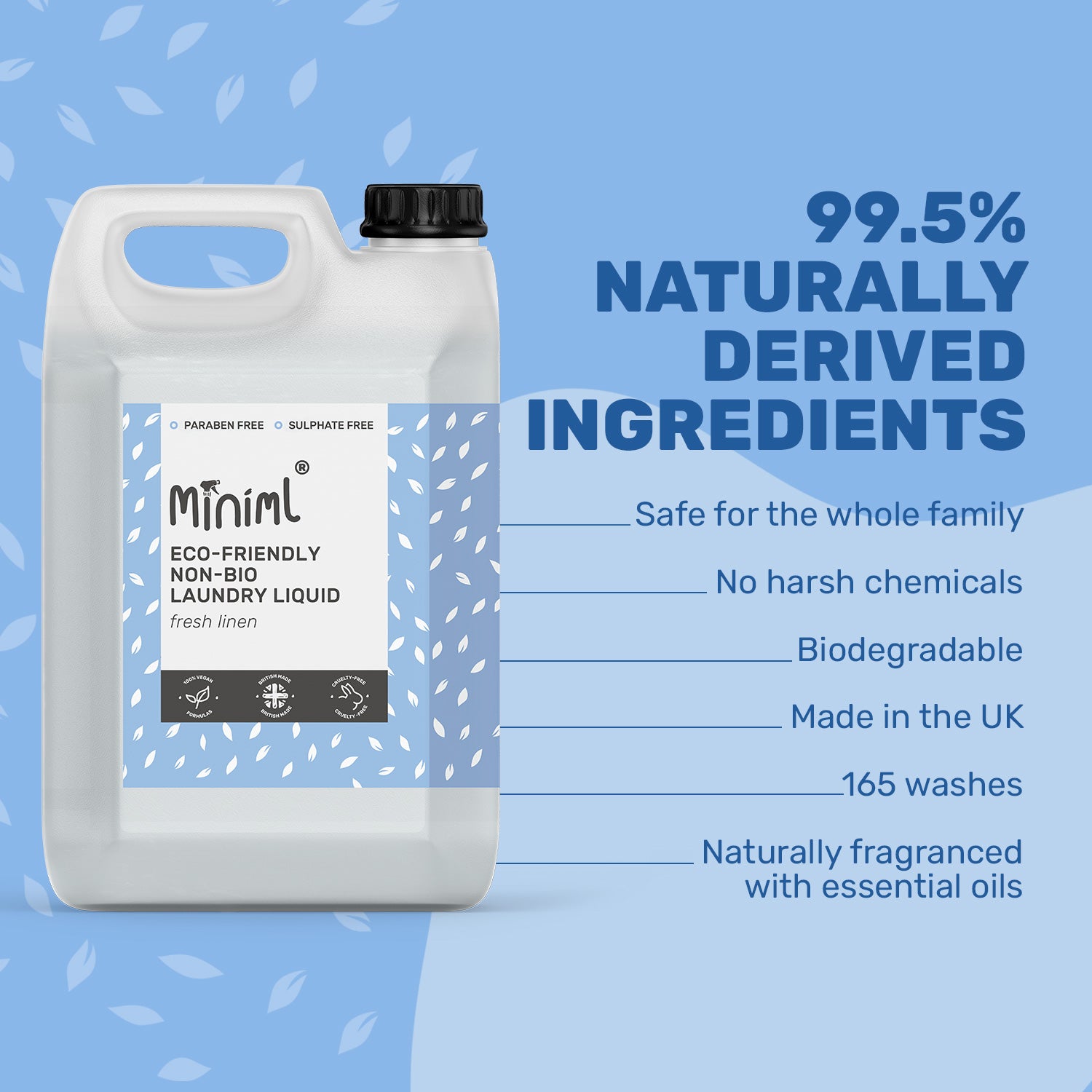
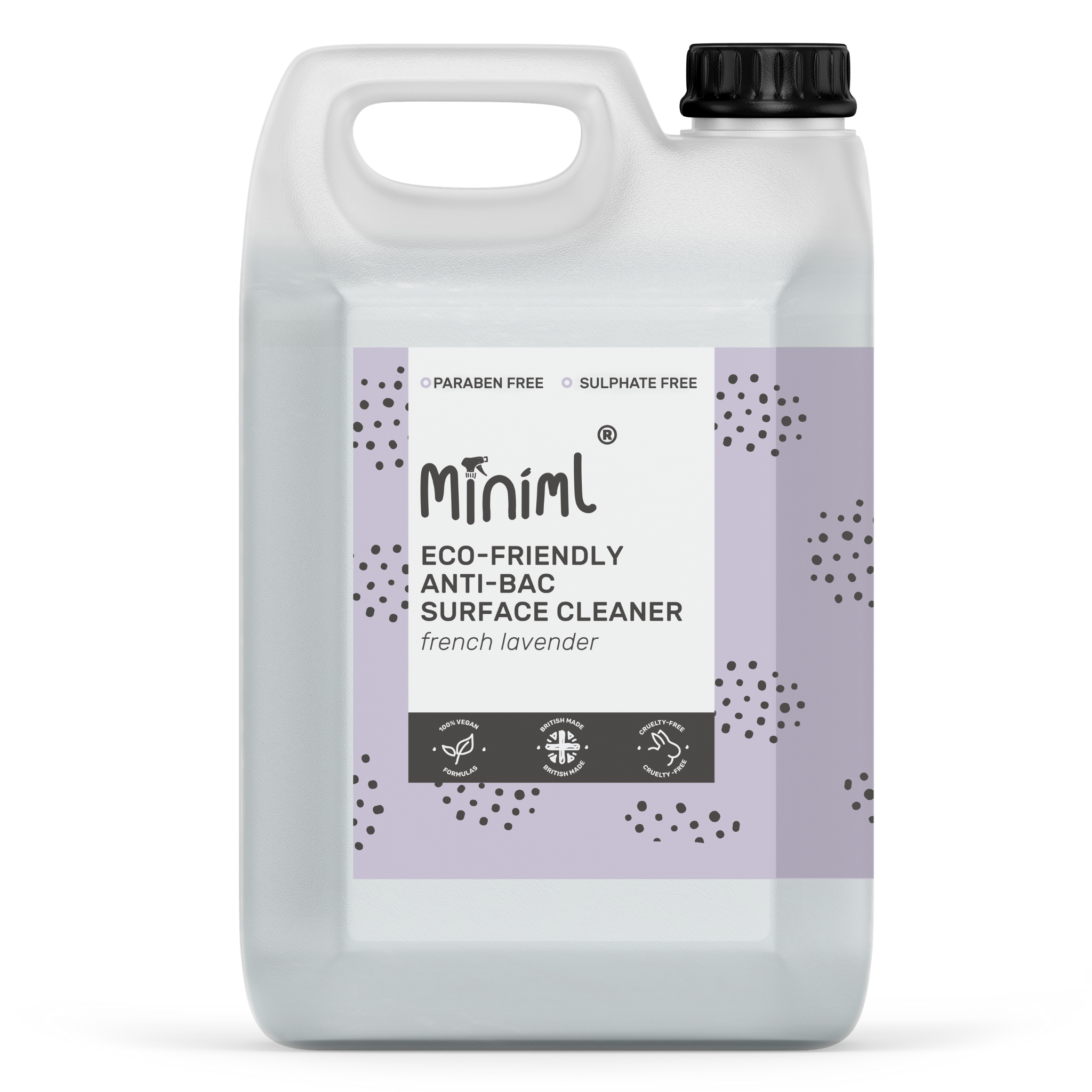

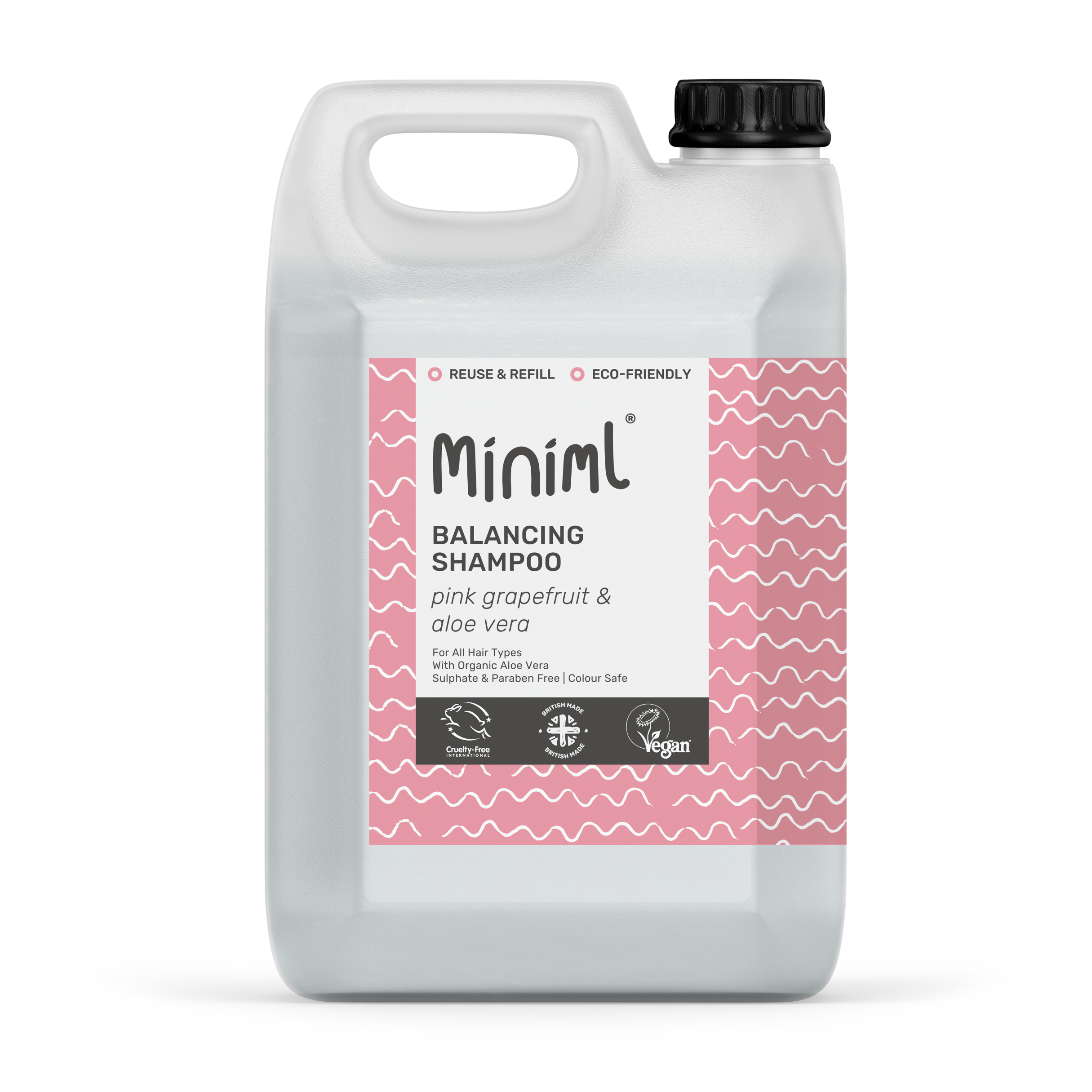
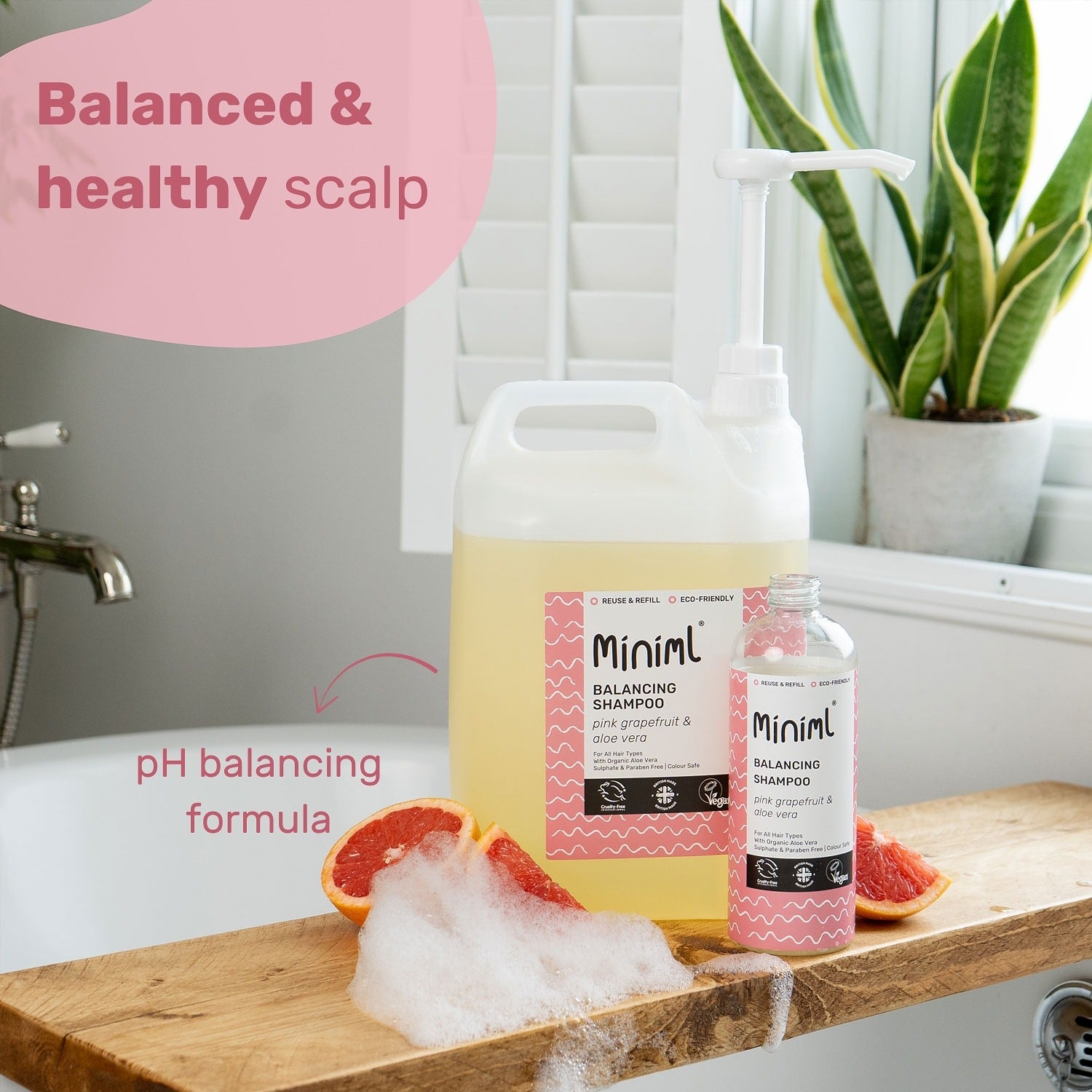
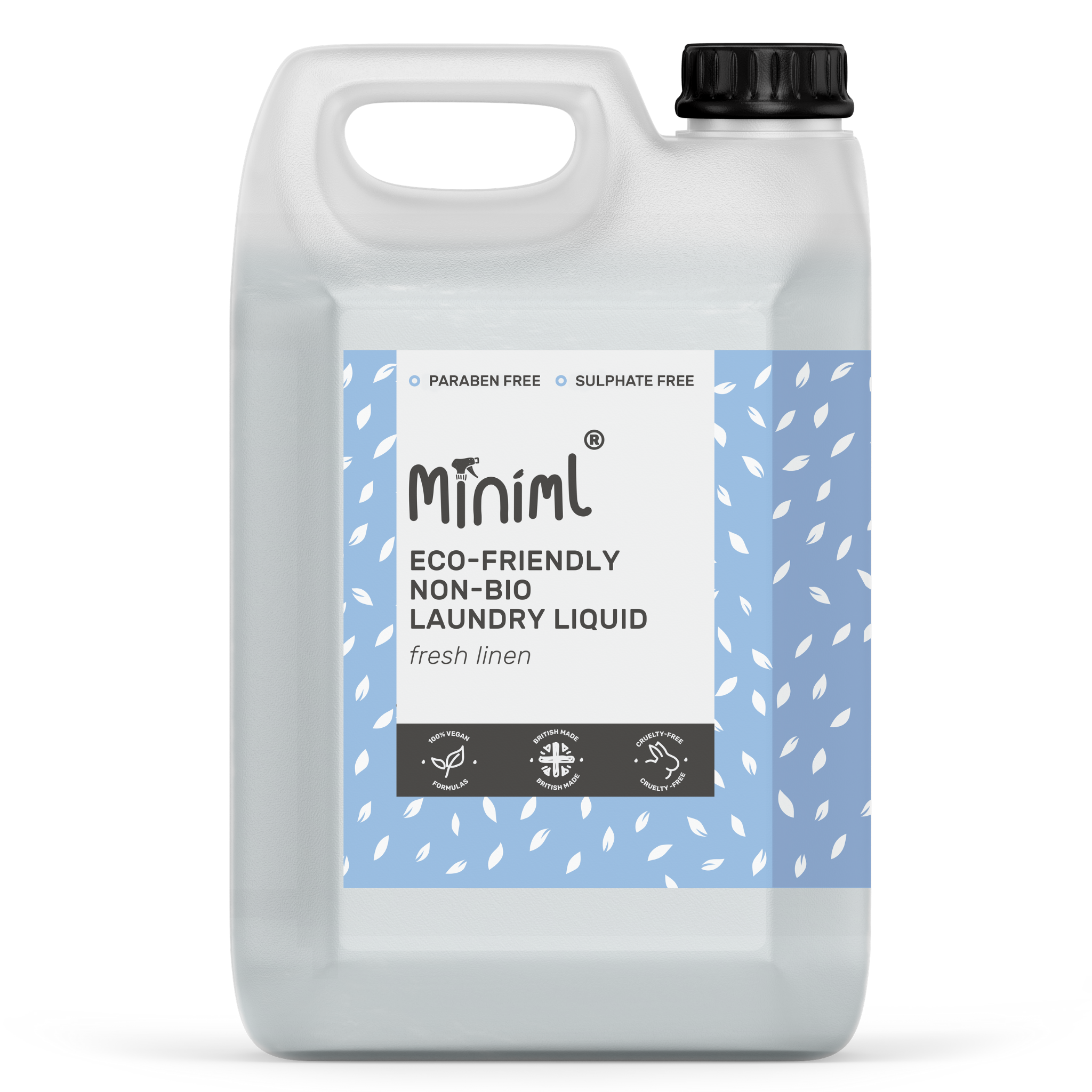
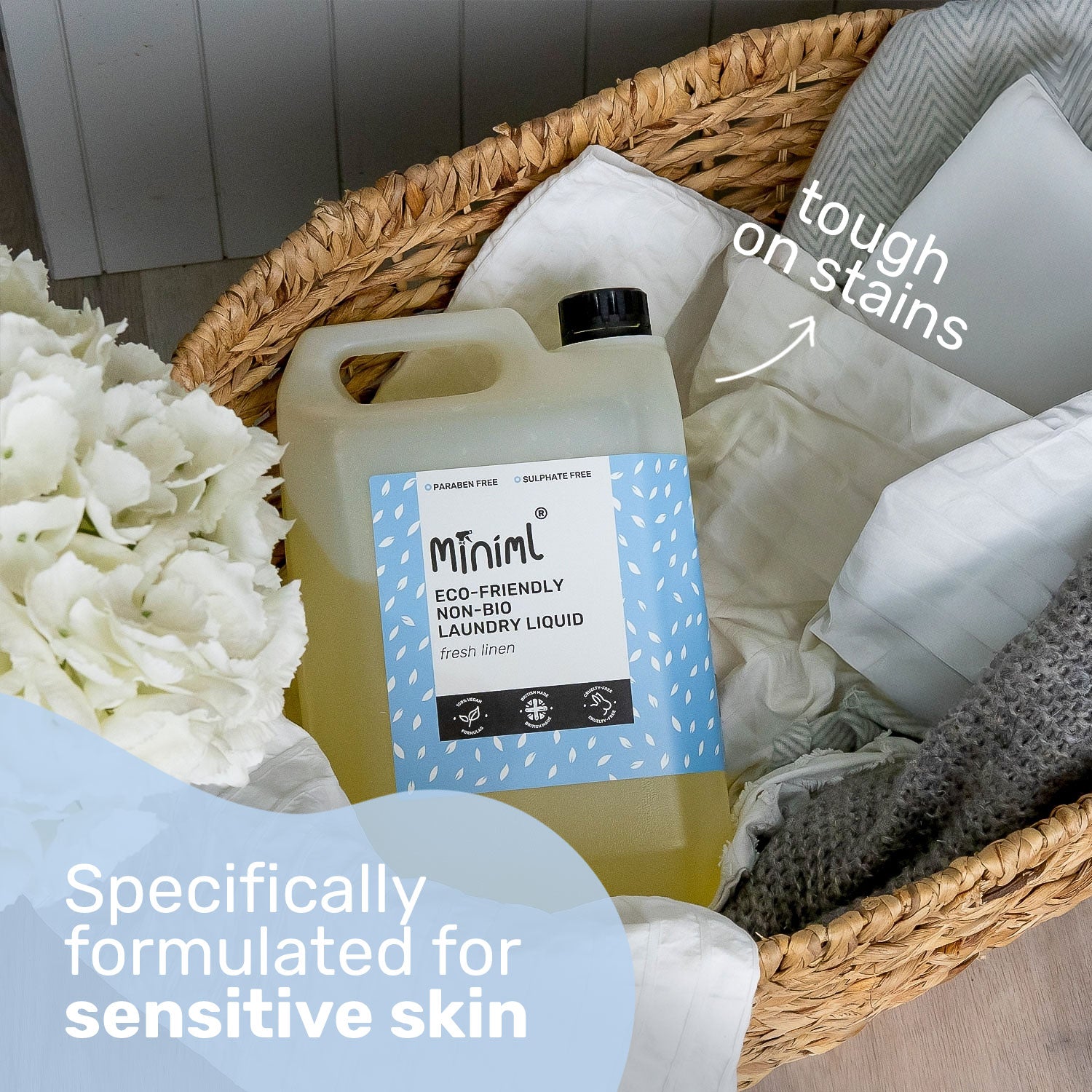
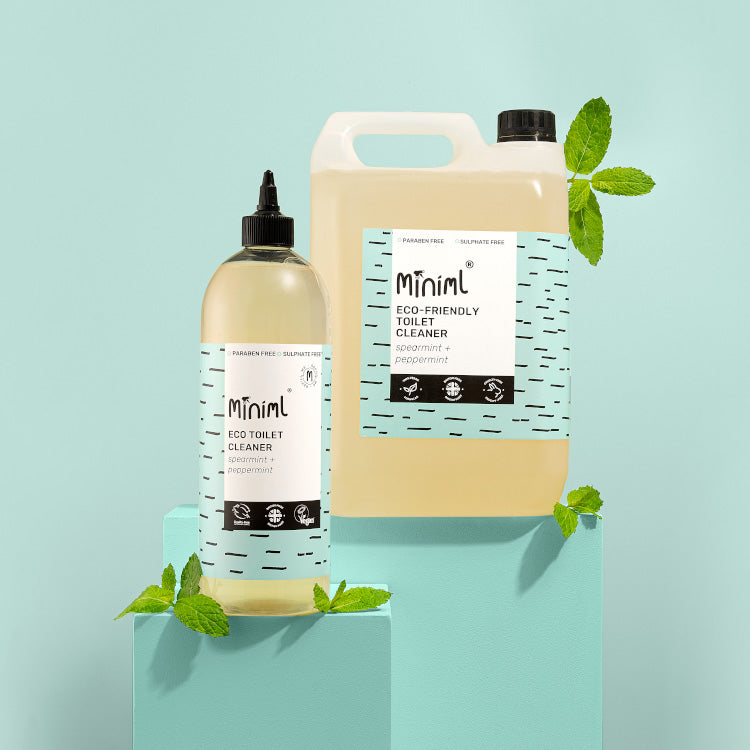
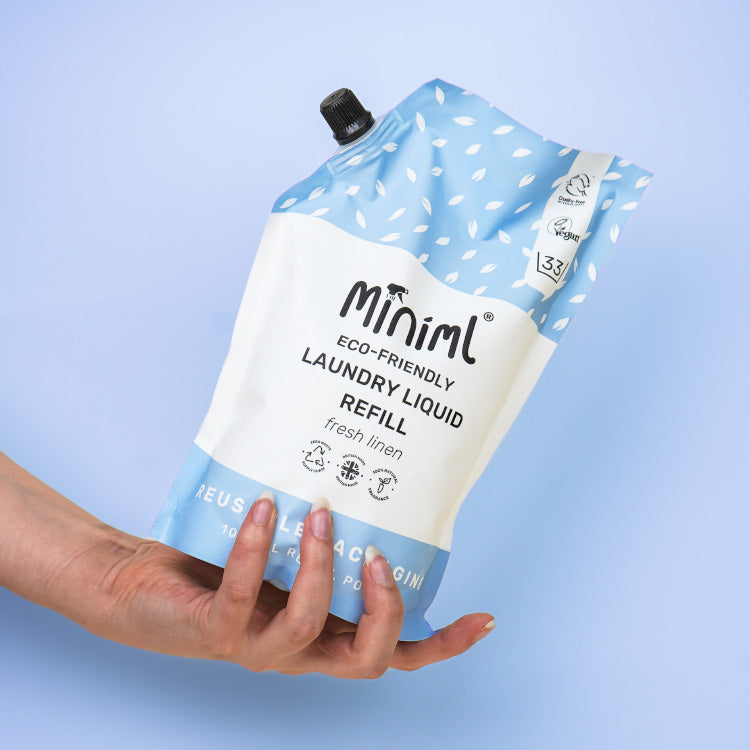
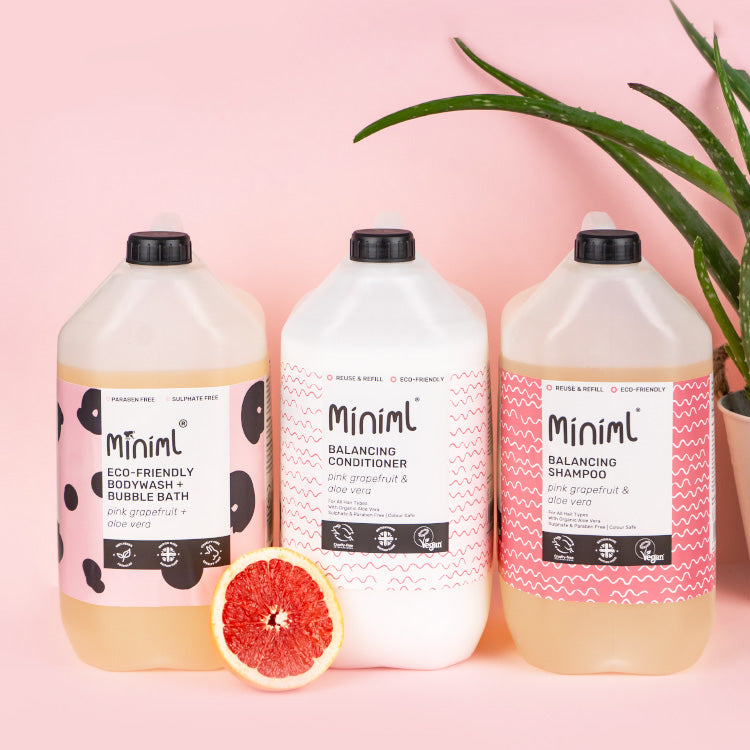
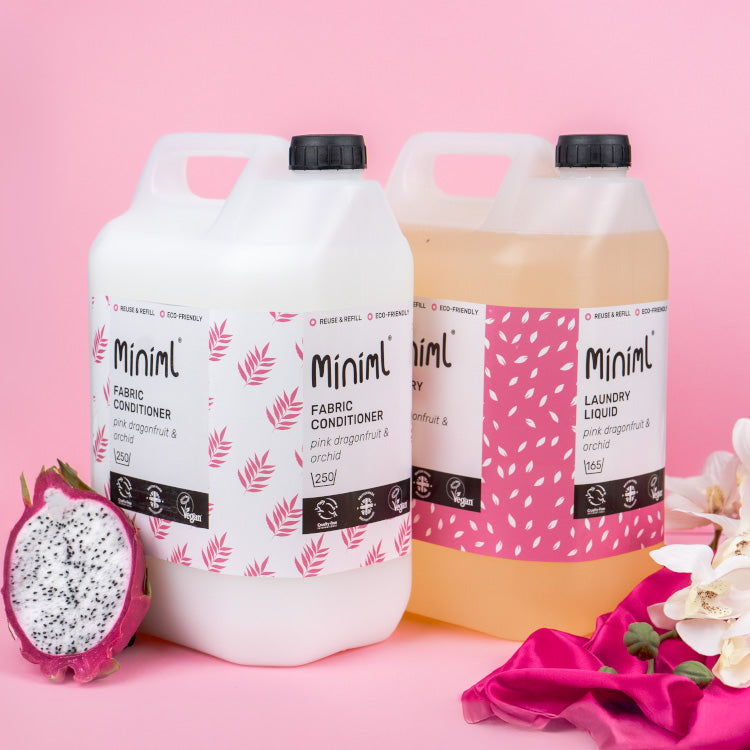
1 comment
Yes I’ve been on a journey for a while but still learning, I take the labels of any plastic bottles before recycling, growing some veg, buying less but I’m now looking at a filter for my washing machine to stop any microplastics going in the ocean..every bit helps